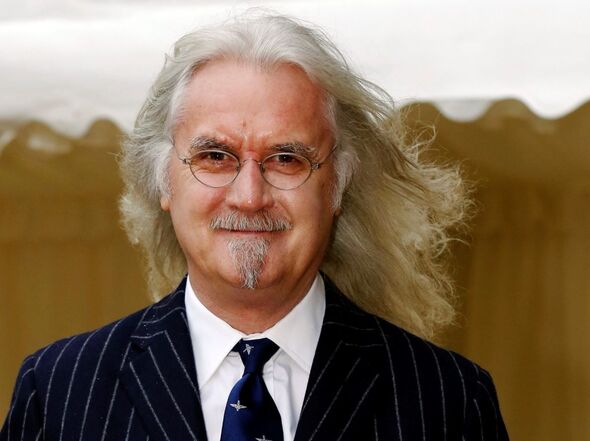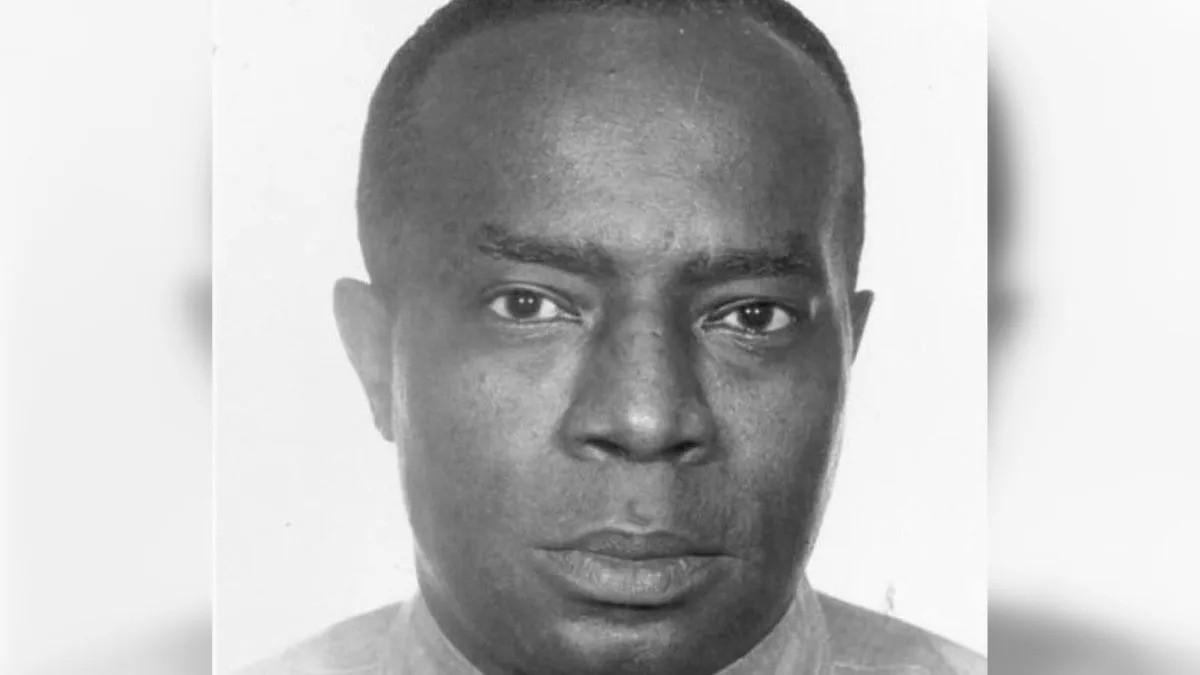Pete Waterman is one of those rare people who’s managed to turn two of his biggest passions—pop music and trains—into thriving careers. Known as part of the legendary Stock Aitken Waterman production trio, he’s helped launch some of the biggest hits of the ’80s and ’90s.
But Waterman isn’t just a music man; he’s also a railway preservationist with a serious collection of trains and heritage lines. So how much has he earned over the decades? Let’s take a look at Pete Waterman’s net worth, his career highs, and the diverse ways he’s built his fortune.
Who Is Pete Waterman?
Pete Waterman was born in 1947 in Coventry, England. He started his career as a DJ and record executive before exploding onto the scene in the 1980s as one-third of the songwriting and producing team Stock Aitken Waterman. Together, they were responsible for some of the most iconic pop hits of the decade.
Beyond the music, Waterman has long been obsessed with trains. His passion for railways eventually evolved into full-on business ventures, including owning and operating several heritage rail operations. He’s also a familiar face on TV, having appeared as a judge on shows like Pop Idol and Britain’s Got Talent.
Pete Waterman Net Worth
As of 2025, Pete Waterman’s estimated net worth sits comfortably between £40 million and £50 million. It’s the result of a decades-long career in multiple industries, from chart-topping music to television appearances and heritage railway investments.
He’s never relied on just one thing to build his wealth. Music royalties continue to trickle in thanks to an enormous back catalog, while his television work and rail businesses bring in additional income. Waterman has shown that mixing passion with business sense can really pay off.
Music Royalties: Chart-Topping Earnings
Pete Waterman’s biggest financial windfall came from music. As part of the Stock Aitken Waterman team, he was behind more than 100 UK Top 40 hits, many of which still earn royalties today. The team worked with some of the biggest names in pop, including Kylie Minogue, Rick Astley, and Bananarama.
Some of the most profitable tracks include:
- Kylie Minogue – “I Should Be So Lucky”
- Rick Astley – “Never Gonna Give You Up”
- Dead or Alive – “You Spin Me Round (Like a Record)”
- Bananarama – “Venus”
Each hit generated not only sales but long-term publishing income through radio, TV, film, and now streaming platforms. These royalties continue to pad Waterman’s net worth year after year.
Production Fees and Studio Work
In addition to royalties, Waterman earned handsomely from producing records. SAW didn’t just write songs—they produced them too. That meant higher fees per track and more control over the final product.
Waterman also ran his own recording studios, giving him even more flexibility and income. From up-and-coming acts to established stars, many artists passed through his doors. This side of his career added significant value to his overall income, especially during the peak pop years.
Television Appearances & Speaking Engagements
In the early 2000s, Waterman reinvented himself as a reality TV judge. He appeared on the original Pop Idol alongside Simon Cowell and was a panelist on Britain’s Got Talent. These roles introduced him to a new generation and offered well-paying TV contracts.
He’s also known for giving keynote speeches at music industry events and corporate functions. Whether talking about the record business or his railway adventures, his charismatic personality makes him a popular booking. These speaking gigs and appearances, while not headline-making, contribute nicely to his overall wealth.
Train and Heritage Investments
Waterman’s love for trains isn’t just a hobby—it’s also a serious business. He owns the Waterman Railway Heritage Trust and has helped preserve steam locomotives and build new railways. One of his most notable efforts was saving key parts of British railway history that would’ve otherwise been lost.
Through tourism, ticket sales, special events, and merchandise, his railway operations bring in consistent income. Steam train dinners, guided tours, and heritage rides all form part of the experience. While these ventures are more passion-driven than profit-maximizing, they still contribute to his net worth.
Writing, Books & Media Projects
Waterman has also published several books, including memoirs about his life in music and guides to railway preservation. These releases come with book advances and ongoing royalty payments.
He frequently appears in documentaries and has hosted shows like Pete Waterman’s Trains and The Railway: Keeping Britain on Track. These programs not only pay but also boost public interest in his railway ventures. Through media, Waterman has successfully blended education, passion, and entertainment.
Business Investments & Ventures
Though not all public, Waterman likely has stakes in various music publishing ventures and production companies. His long-standing career would naturally come with equity arrangements in companies he’s helped build or partner with.
In the past, he was involved in record labels and worked closely with artists through management or development deals. While those specific ventures may have evolved or dissolved over time, they contributed meaningfully to his career wealth.
Challenges, Controversy & Career Shifts
Like many public figures, Pete Waterman has faced his fair share of ups and downs. The Stock Aitken Waterman partnership eventually dissolved due to creative differences. By the early ’90s, pop music tastes had shifted, and the trio’s reign came to an end.
In 2020, Waterman suffered a personal tragedy with the death of his son, Michael, which deeply affected him. Since then, he’s scaled back some public work, choosing to focus more on family and heritage projects.
Despite these challenges, he has stayed relevant through his adaptability, moving from chart hits to trains, and from record labels to reality TV.
Where Does Pete Waterman Live & Spend?
Pete Waterman resides near Crewe in Cheshire, England—a fitting place for a train enthusiast. He lives a relatively low-profile life but remains active in both the music and rail communities.
Rather than splurging on celebrity luxuries, Waterman is known for spending on things that truly interest him—steam engines, restoration projects, and historical preservation. His home is said to include one of the largest private model train collections in the UK.
Conclusion
Pete Waterman’s estimated net worth of £40 million to £50 million is a testament to decades of creativity, hard work, and smart business choices. From producing chart-toppers to preserving train lines, he’s turned his life’s passions into profitable ventures.
He’s more than just a music man or a reality TV judge—he’s a cultural figure who left his mark in more than one industry. And while money might not be his primary motivator, he’s managed to turn nearly everything he loves into something sustainable.
FAQs
What is Pete Waterman’s net worth?
Pete Waterman’s net worth is estimated to be between £40 million and £50 million, built from music royalties, TV work, and railway investments.
Are Pete Waterman and Simon Cowell friends?
Yes, Pete and Simon Cowell are friendly and have worked together on shows like Pop Idol. While their styles differ, they respect each other’s contributions to the music and TV industries.
What happened to Pete Waterman’s son?
Pete Waterman’s son, Michael, sadly passed away in 2020 after a motorcycle accident. It was a heartbreaking moment in Pete’s life and led him to take a step back from some of his public work.
Why did Stock Aitken and Waterman split up?
The trio parted ways in the early 1990s due to creative differences and a natural shift in music trends. Mike Stock and Matt Aitken wanted to explore new directions, and Waterman moved on to focus on other ventures.














